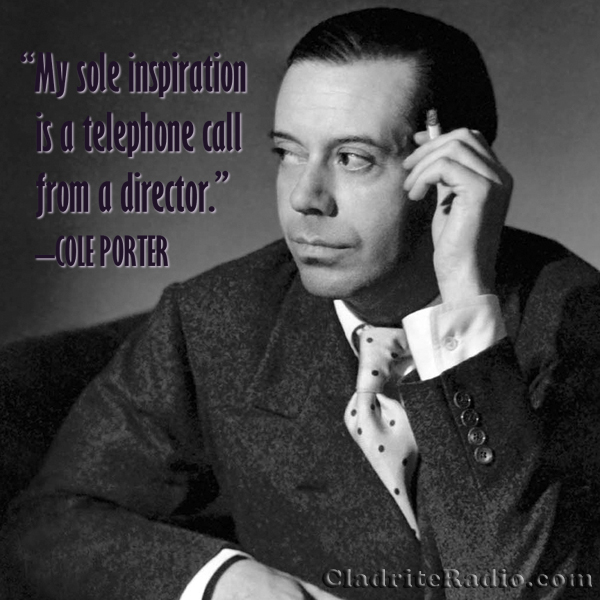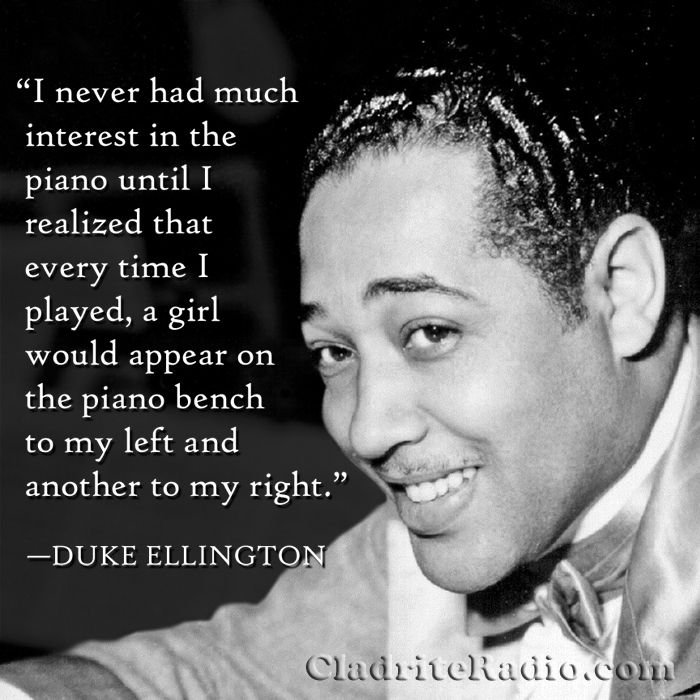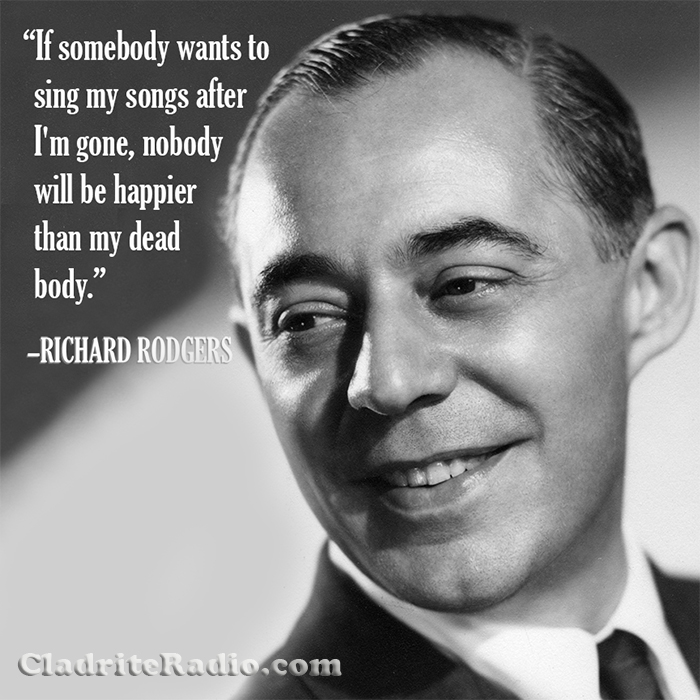Today marks the 132nd anniversary of the birth of the legendary Cole Porter. The Peru, Indiana, native was a remarkably talented songwriter—one of the true greats—even if he didn’t resemble Cary Grant even a little bit.
To celebrate the occasion, Cladrite Radio is featuring his songs, as performed by a wide variety of artists, all day. Tune in now!




